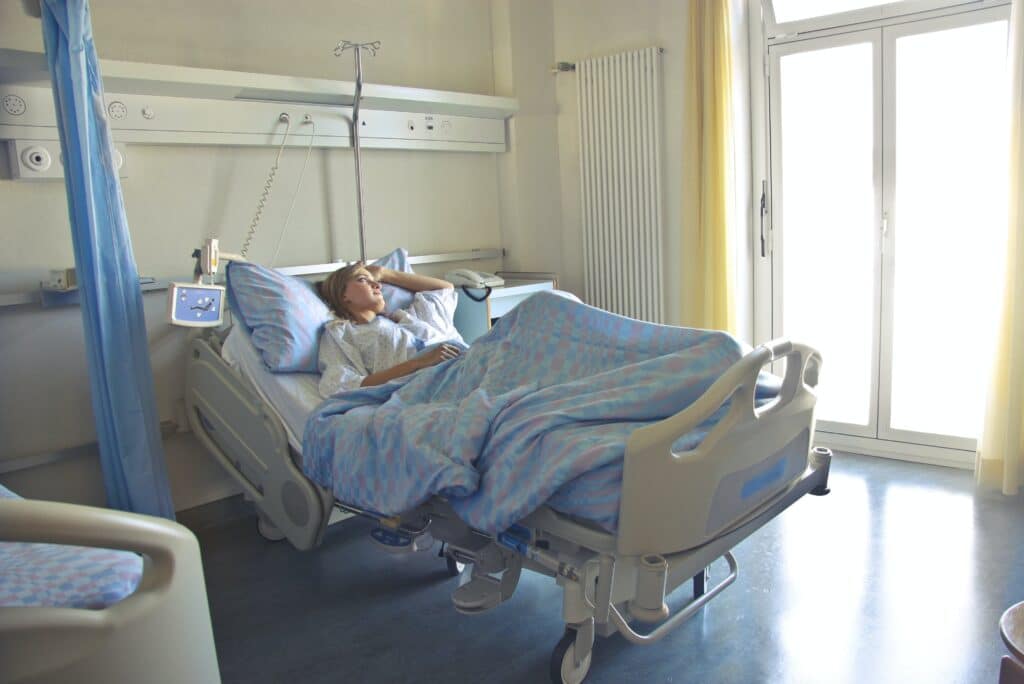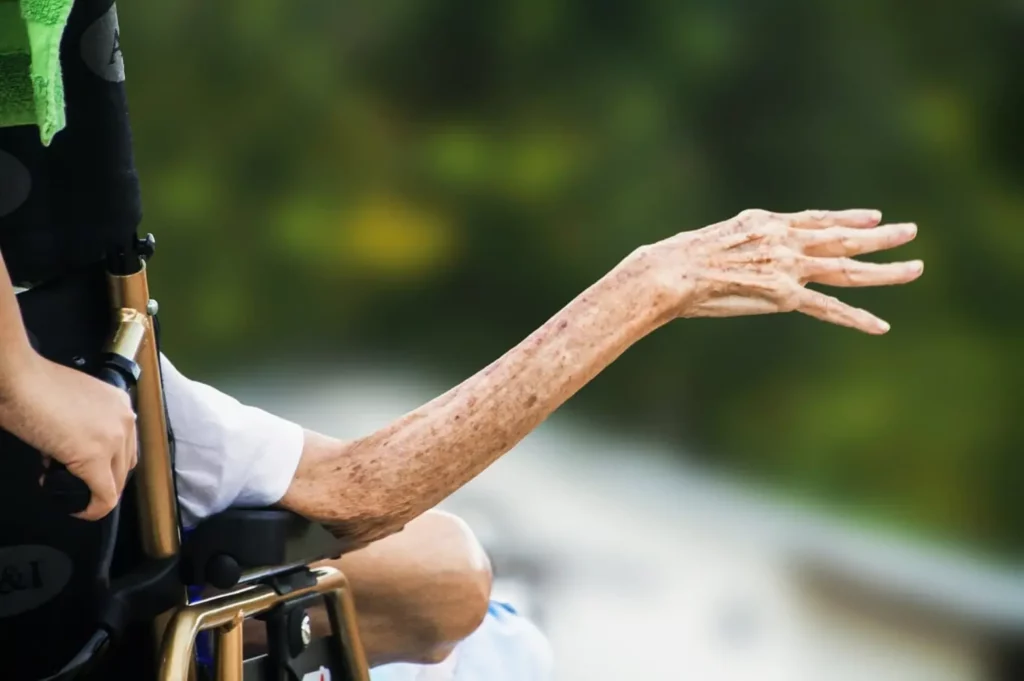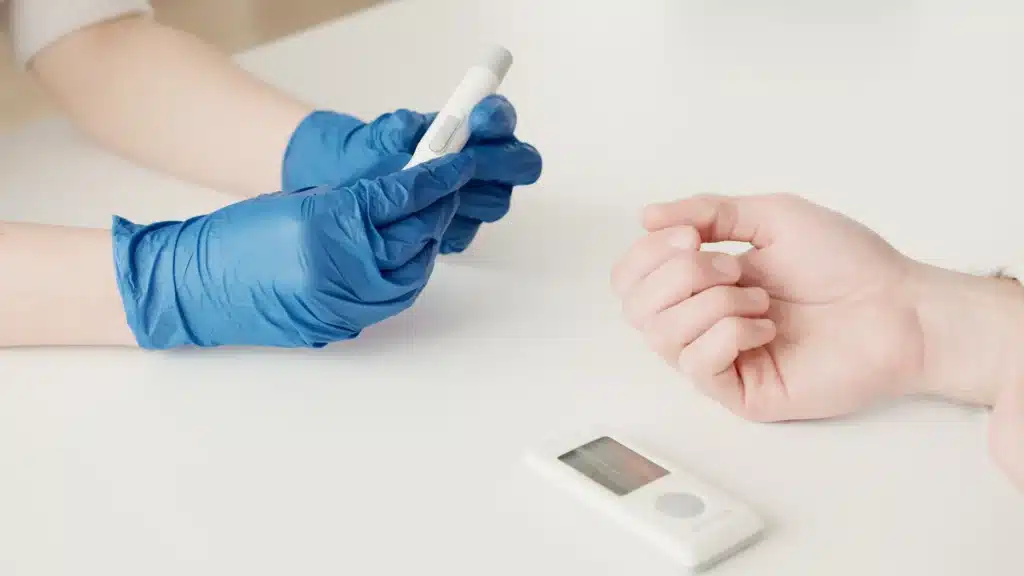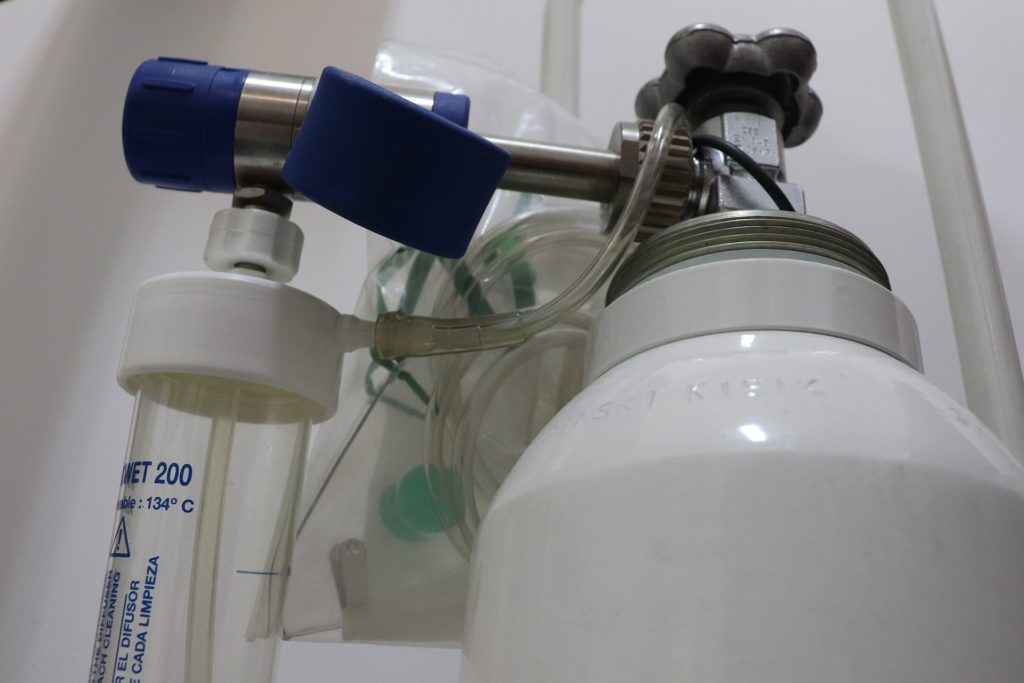Case Study: Post-Surgery Inpatient Admission Denial Overturned
CLINICAL SUMMARY: Post-Surgery Inpatient Admission Deemed Medically Unnecessary Overturned A 52-year-old patient underwent a planned ventral incisional hernia operation, performed laparoscopically using an intraperitoneal onlay mesh placement. The patient was classified as ASA Class III, defined by the American Society for Anesthesiologists (ASA) for patients with “severe systemic disease that is not incapacitating” with a […]
Case Study: Post-Surgery Inpatient Admission Denial Overturned Read More »










